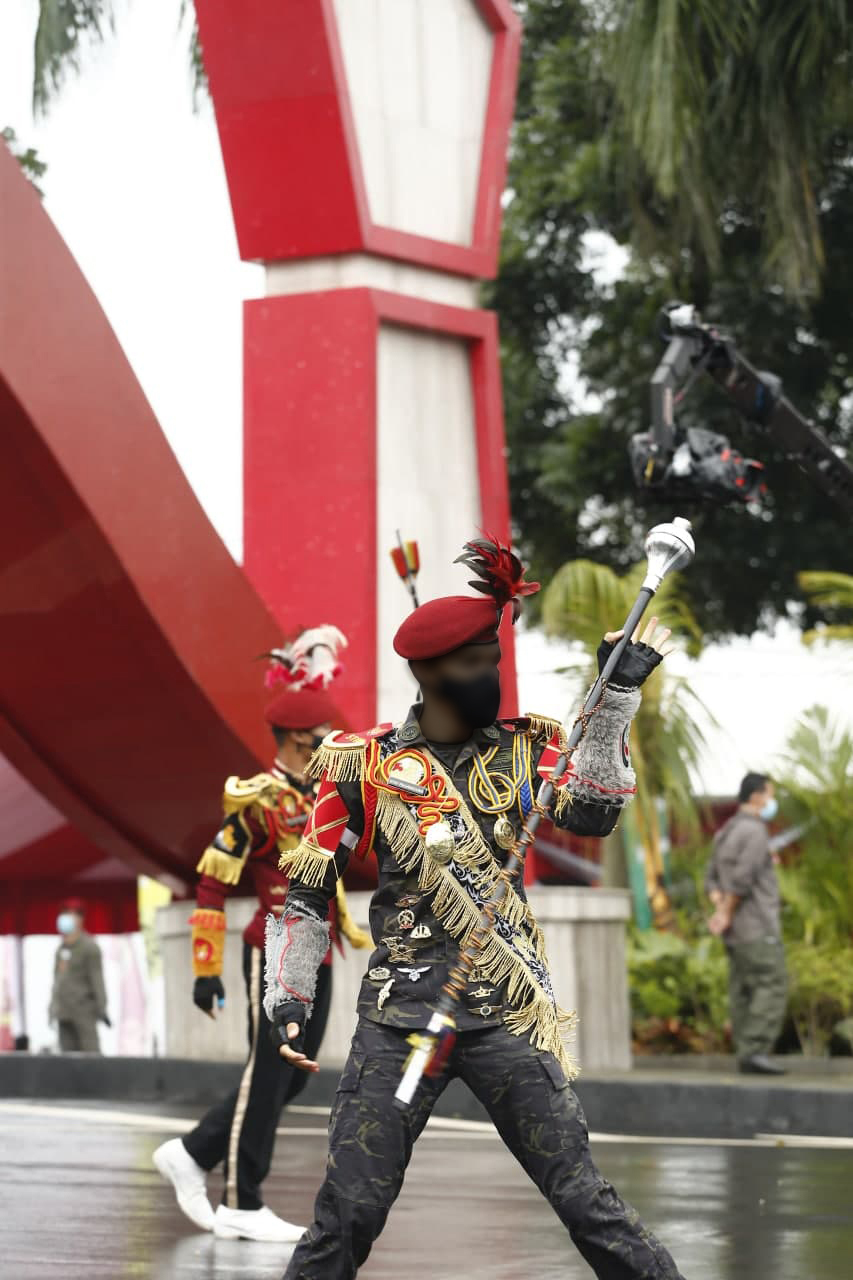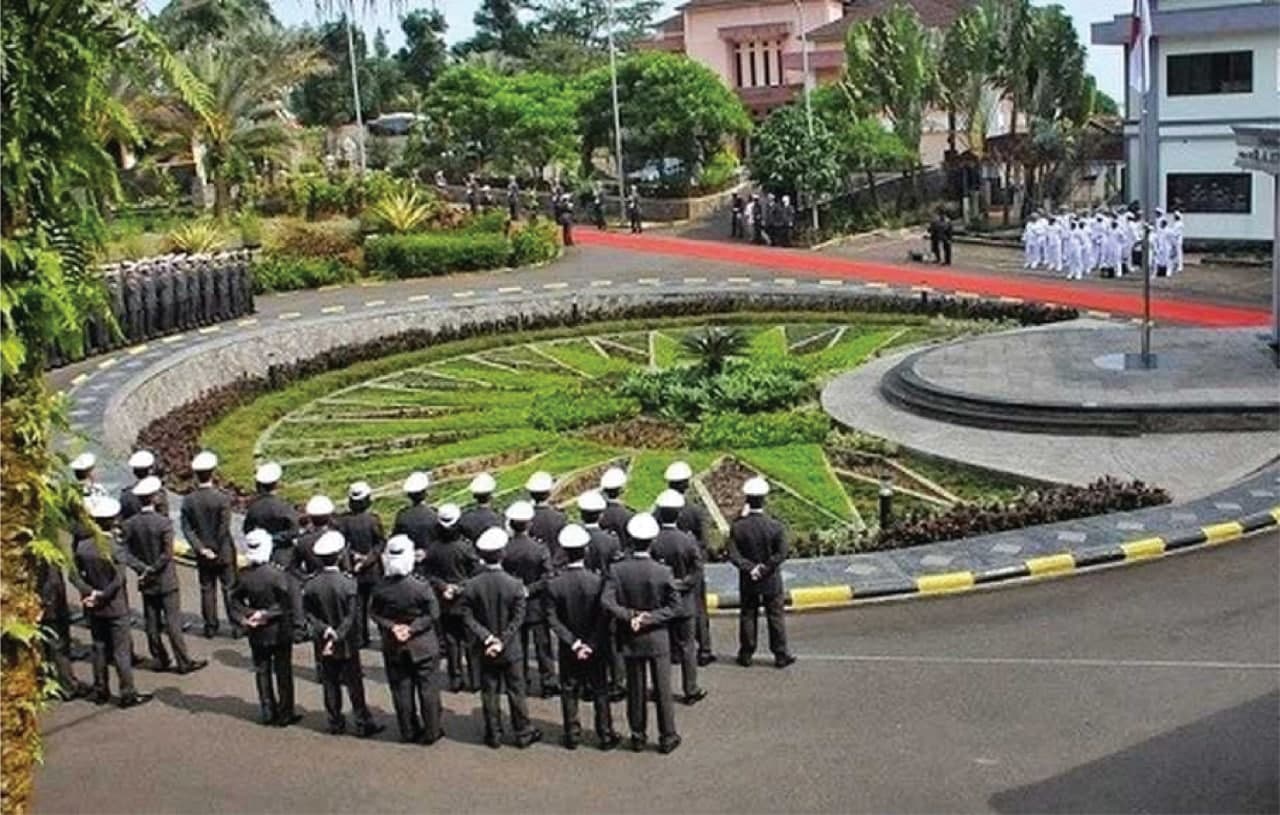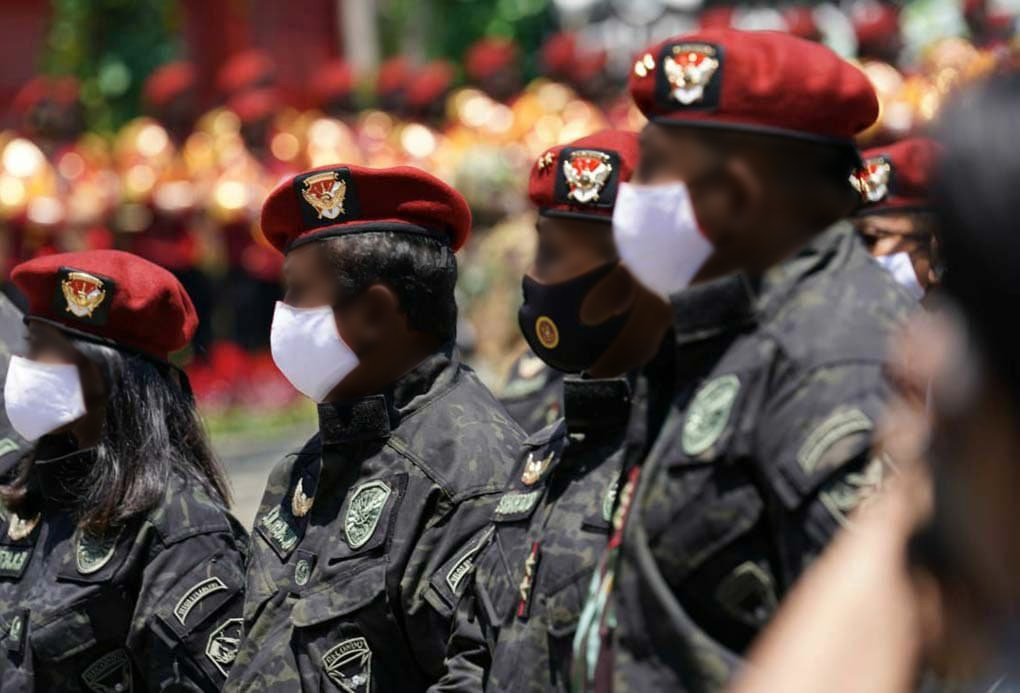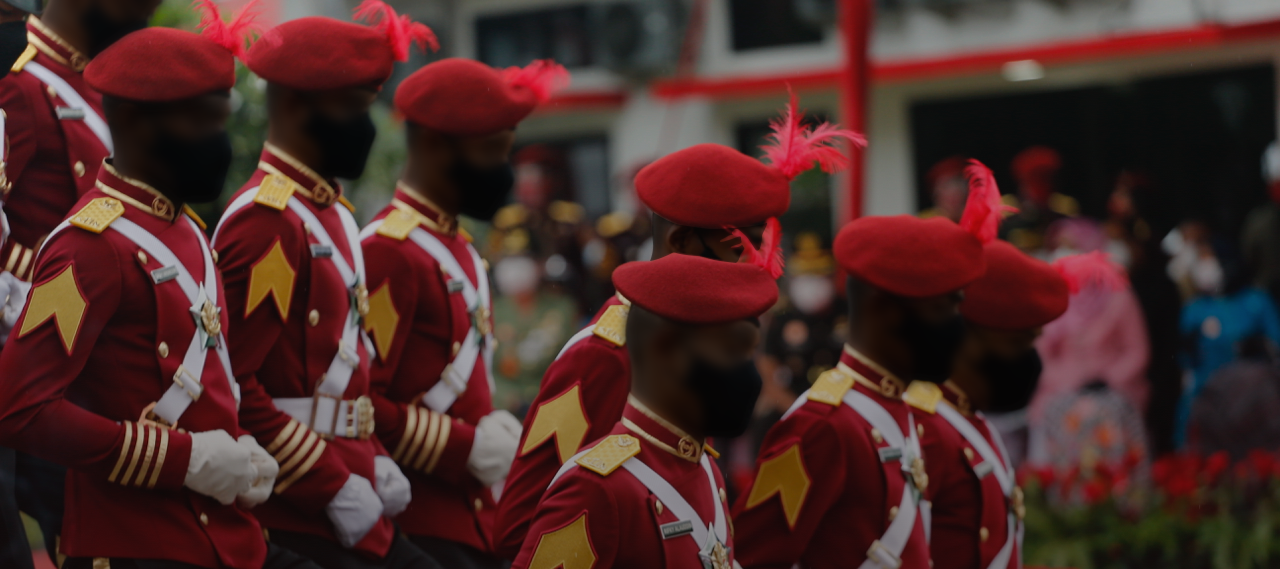History
In 2002, General TNI (Ret.) Prof. Dr. A.M. Hendropriyono, the head of the State Intelligence Agency, started the process of establishing a university specializing in intelligence science, based on the notion that intelligence is a scientific subject that can be studied. The Republic of Indonesia's President officially opened the State Intelligence Institute (SIIN) on July 9, 2003. When the first lecture started in 2004, IIN was replaced with STIN. Law 17/2011 states that BIN's primary source of human resources is its STIN alumni.
Duties
Arranging for intelligence-related academic instruction and having the capacity to offer professional instruction in compliance with legal requirements.
Function
Goals
- Developing actual curriculum based on competence.
- Developing study program innovation for bachelor program of intelligence agent study program and intelligence analyst, regarding instruction as well as the advancement of research, studies, and abilities in intelligence agents and analysis.
- Increasing graduates who are internationally competitive and in line with society's needs.
- Increasing quantity and quality of supporting academic infrastructure at STIN campus.
- Developing academic information based on data and information technology system such as LAN, ethernet and internet in order that the students can re-register, arranging credit semester and tracking their grade online.
- Increasing the participation of the STIN academic community in various activities, both at the high school level and at local, national and international levels.
- Developing institutional collaboration networks with various parties, both state and private institutions on a local and international scale.
- Implementing synergistic, efficient and productive institutional management with professional work and management methods.
- Developing transparent leadership, consistent, and prioritizes togetherness through active, comprehensive, and open participation from the academic civitas through strengthening the active role of basic units.
- Increasing appreciation for performance-based teaching staff, educational staff and students in accordance with their respective roles and duties.
- Enhancing student services in terms of administrative support as well as the accessibility of resources for utilizing technology and getting information from the internet.
- Strengthen the academic community's skills and expertise in line with their jobs and responsibilities.








